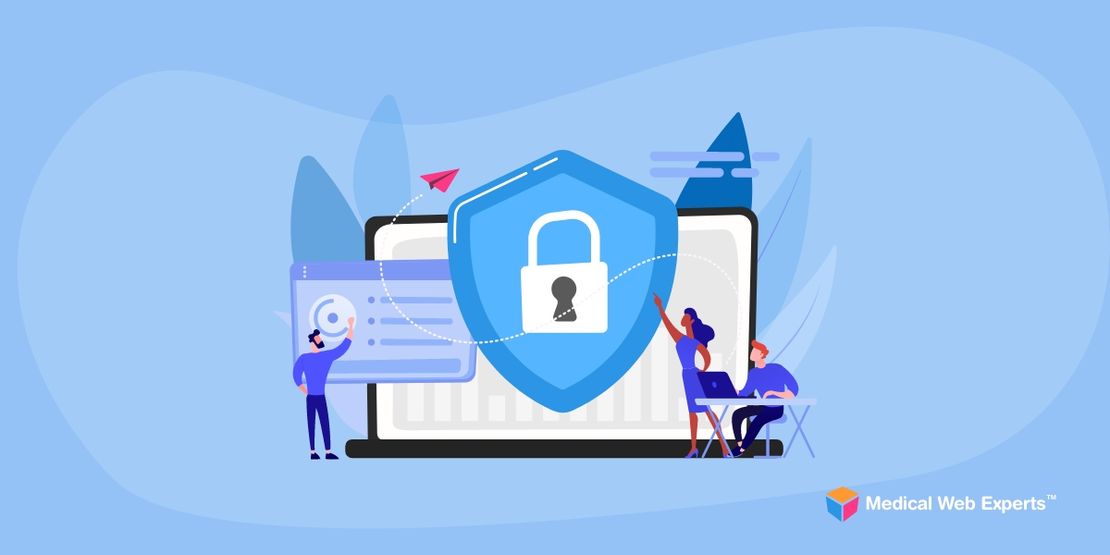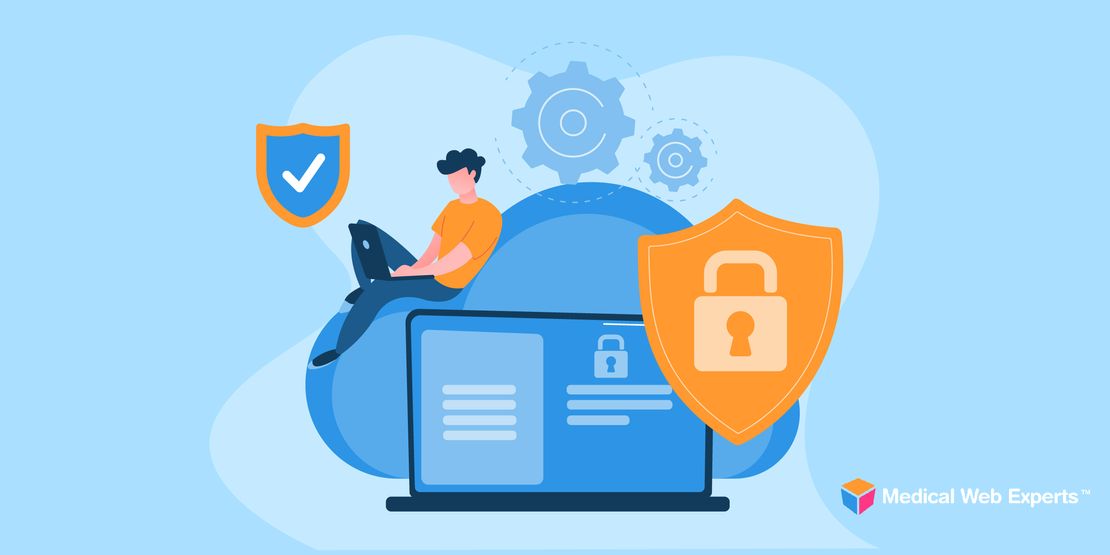How ResearchKit Works
ResearchKit apps not only provide an easy way for users to track and record activity, set reminders and notifications, and obtain educational information; they also allow individuals to participate in research studies on-the-go. When a user opens a ResearchKit app, he or she must grant permission for it to access information from the Health app, such as glucose levels, weight and blood pressure, all of which can be measured using third-party apps and devices. The universities and research institutions behind these apps can then use the data to gain insight into specific conditions or diseases.
So far, there are five preliminary apps available on iTunes:
- Asthma Health, developed by researchers at the Icahn School of Medicine at Mount Sinai
- MyHeart Counts, developed by Stanford Medicine
- GlucoSuccess, developed by researchers at the Massachusetts General Hospital
- Share the Journey, developed by nonprofit Sage Bionetworks
- mPower, developed by Sage Bionetworks with the University of Rochester
Ethical Criticism
Though many contend that Apple’s ResearchKit has the power to revolutionize medical research, the platform does not lack critics. Sixty-seven percent of U.S. teens own iPhones, which poses an ethical problem for Apple: minors are legally obligated to prove parental consent in order to participate in medical studies. Although ResearchKit apps ask users to provide their age, it’s all too easy to lie upfront or to go back and change one’s answer.
What’s more, although Apple claims that the collected data is anonymous and secure (not even Apple can access any of the information generated by the specific applications), there remains a chance that cyber criminals can use data from the myriad of interconnected digital tools to re-identify users.



